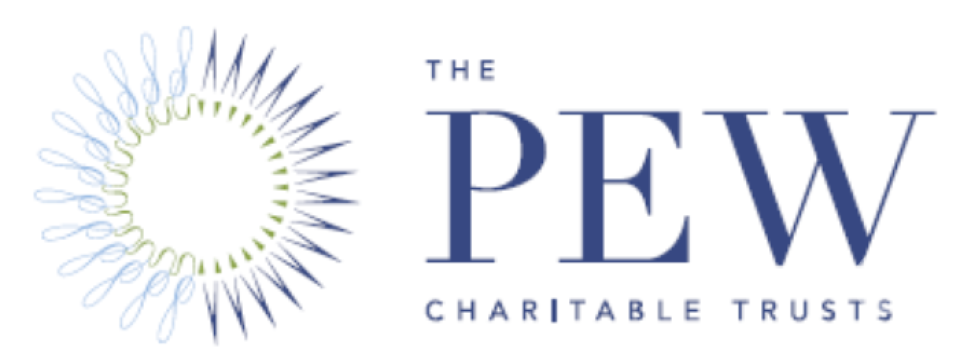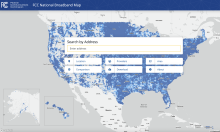Pew: Bad Broadband Data Means Bad Broadband Outcomes
For decades U.S. broadband policymaking has been plagued by inaccurate and badly-managed data that has significantly harmed efforts to not just track U.S. broadband deployment, but ensure that billions in taxpayer dollars are being wisely spent to address the problem.
From inaccurate broadband mapping data and an over-reliability on industry-provided coverage claims, to inconsistent broadband definitions and patchwork federal oversight, a new study by the Pew Charitable Trusts examined decades of U.S. broadband policy, and data analysis and found plenty of room for improvement.

According to a 2022 Government Accountability Office (GAO) report, there have been 133 programs across 15 federal agencies supporting and funding U.S. broadband deployment efforts, propped up by more than $44 billion in taxpayer dollars from 2015 to 2020 alone.
ILSR studies have historically shown those funds haven’t always been spent wisely; often being dumped into the laps of the very same regional telecom monopolies whose attacks on competition and government oversight resulted in substandard access in the first place.
There’s billions more waiting in the wings: as part of the 2021 American Rescue Plan Act (ARPA), $25 billion was specifically earmarked for broadband expansion.



